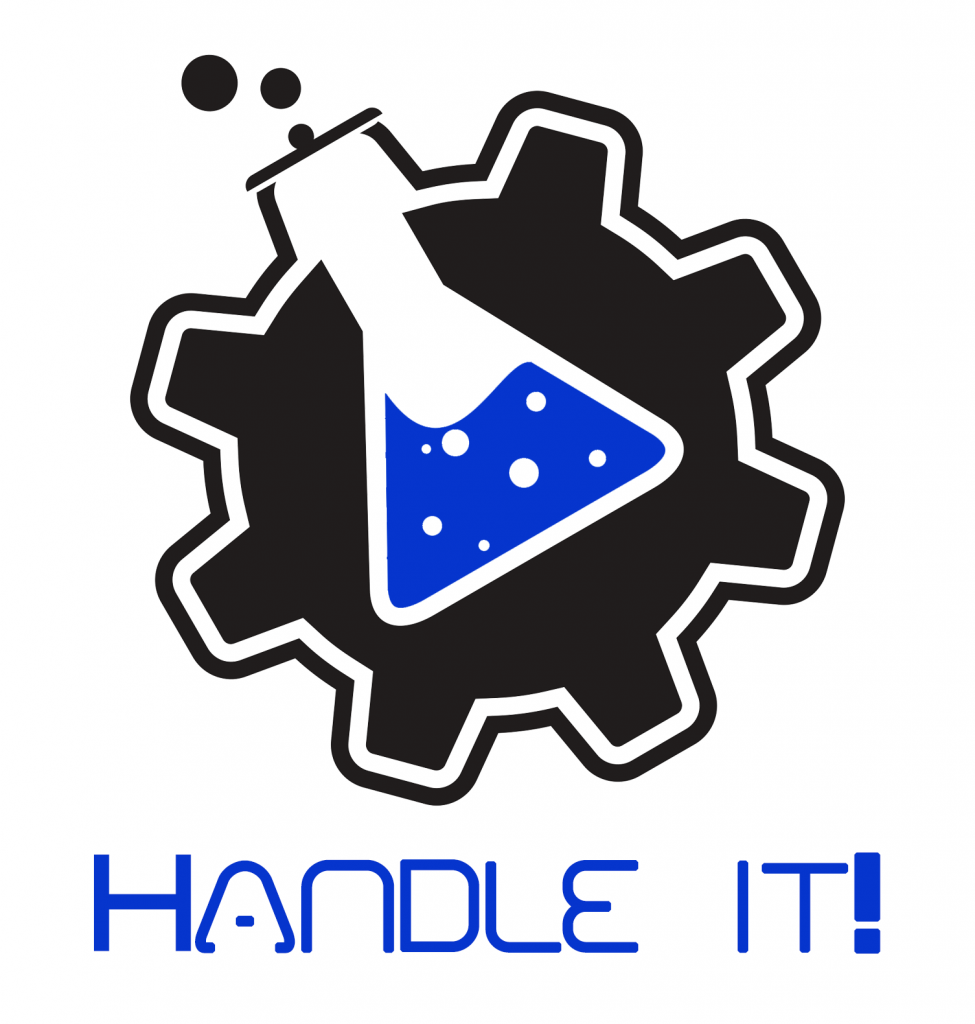
The usage of New Psychoactive Substances (NPS) is an increasing challenge for the addiction treatment all over the world, both in terms of the individual health damage potential (cardiovascular arrest, psychosis, longterm brain damage), as well as the controllability of consumption, because common rapid tests often fail to indicate NPS. NPS-users are a hard-to-reach, highly marginalized target group that is not linked to the health and care system within reason. Depending on national legal prohibitions, NPS are used to be sold legally in so-called smart shops in many European countries, but tends to shift to the Internet.
To find new ways to deal with this increasing client group, the Erasmus+ Strategic Partnership “Handle it!” analyzes, connects and developes professional approaches and strategies in outpatient and inpatient addiction care and treatment services in a European exchange of good practice between professional staff members of seven social organisations from Austria, Hungary, Croatia, Italy, Portugal and Germany. They train their vocational skills to design creative, new solutions and to improve structural and conceptual strategies for a better health care for NPS-users. So the participants become NPS-practice-experts and multipliers, who transfer the project results into their organizations and are capable to train their collegues. Several week-long Learning-Teaching-Training-Activities allow a transfer of organizational knowledge from the local to the international level. The knowledge will be reflected, creatively stimulated and redirected to the professional staff members of the partner organisations as manageable tools . The methods are expert lectures, topicrelated workshops and working groups, research work, good-practice visits, case studies and case reviews and the development of treatment concepts for example.
“Handle it!” is creating this online platform, integrating social media channels, especially a YouTube channel. The project activities are accompanied by a mobile reporting, which allows an easier knowledge transfer to the treatment centers of the project partners and increases significantly the distribution and transparency to the public community, too. Thus videos and other media products will be produced, which show results of the activities, interviews with participants and experts or deep insights into the situation of NPS-users.

